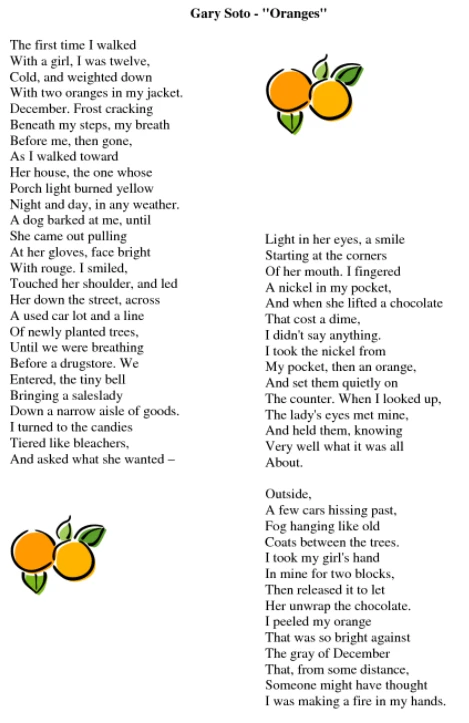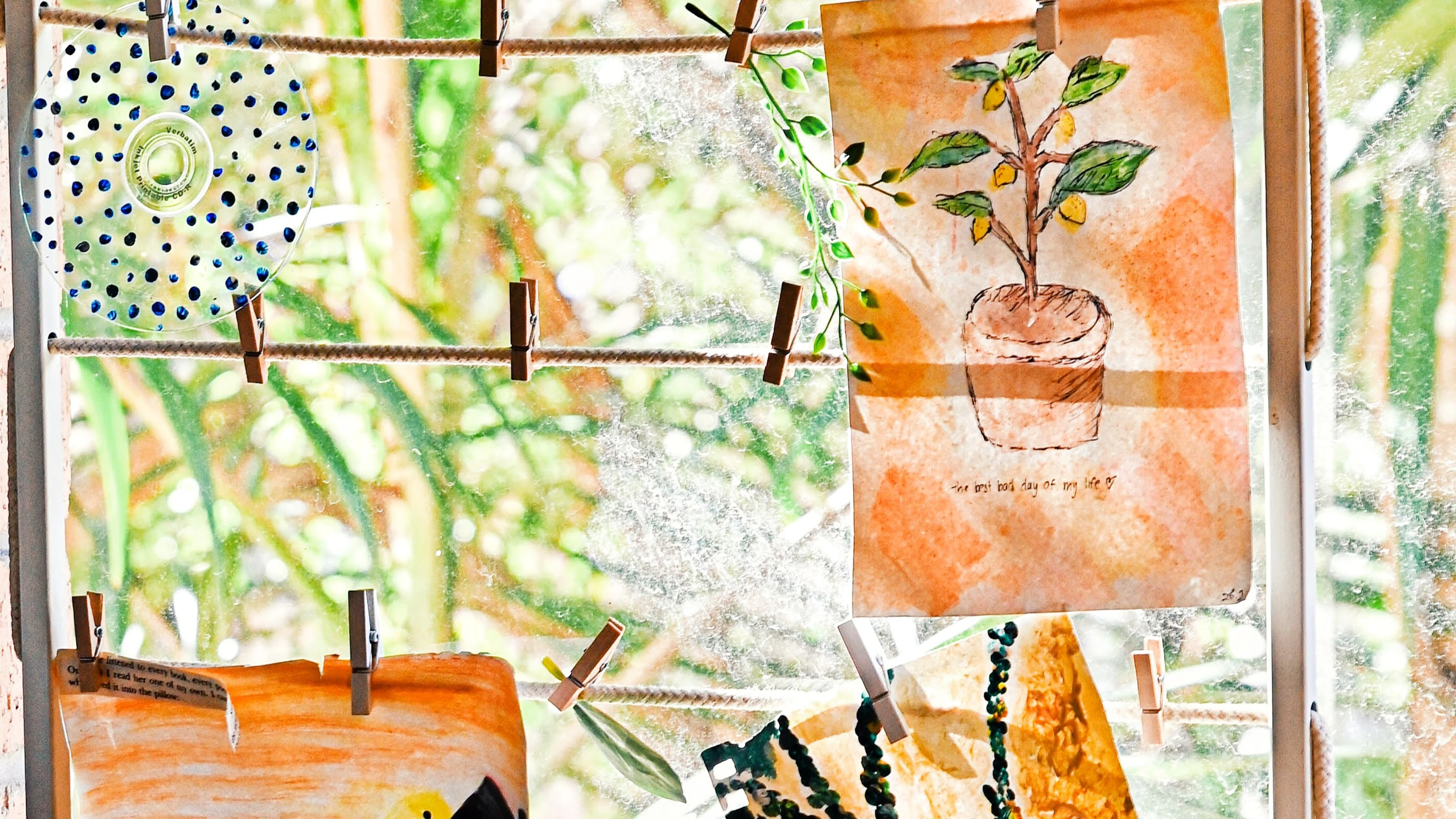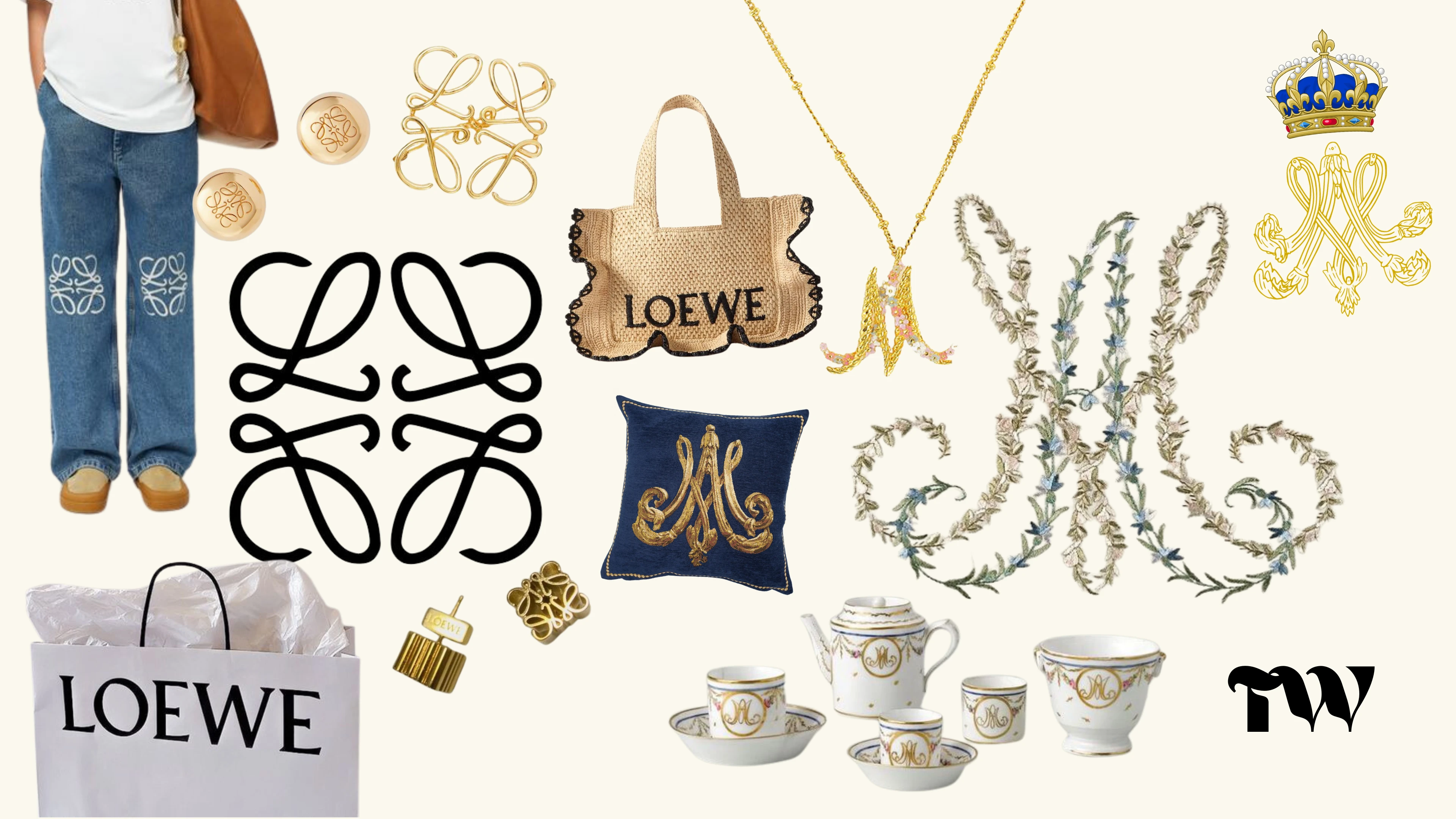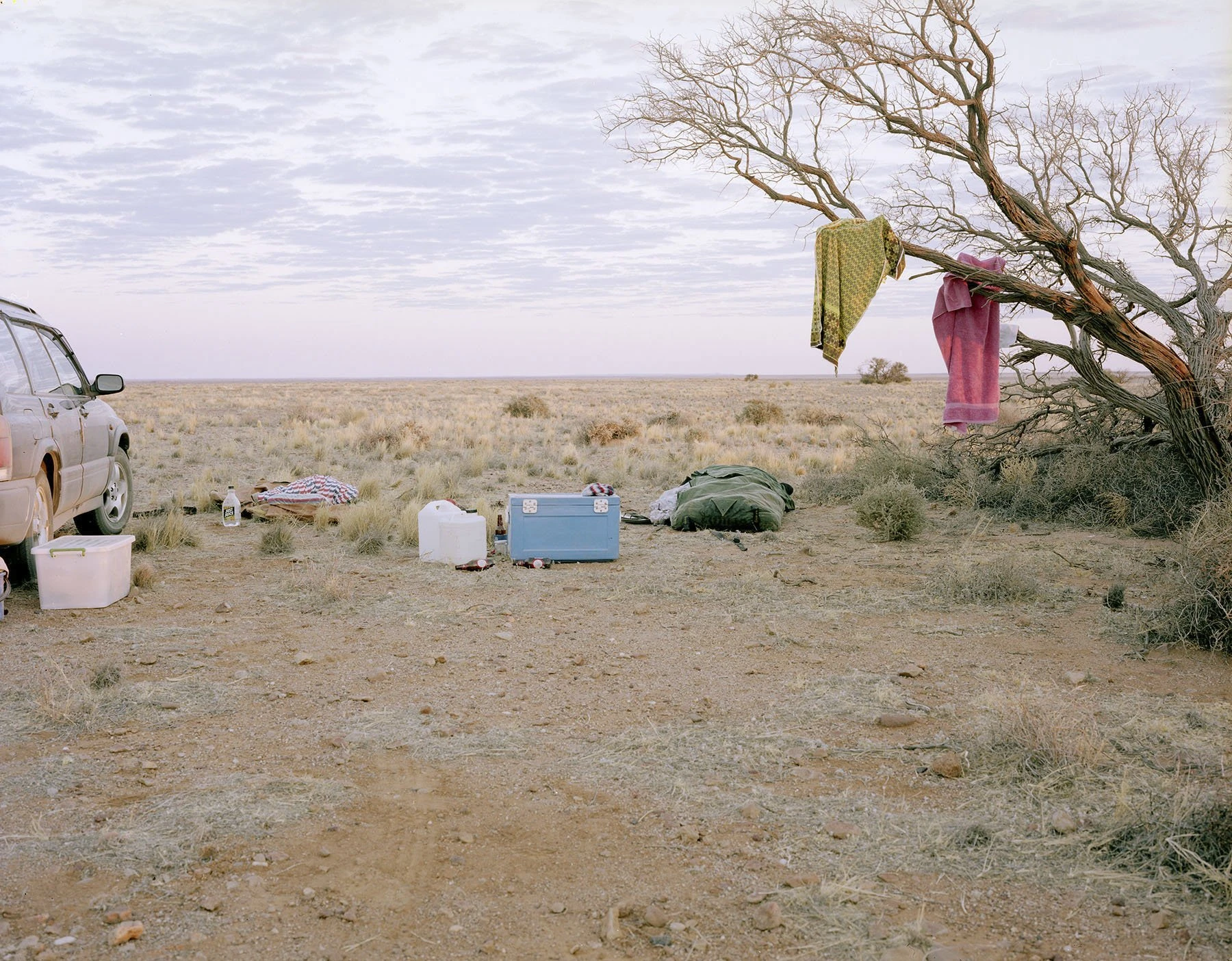26th October, 2024
Every time I get on TikTok, my feed is full to the brim with those sappy slide-show style poetry/quote dumps. They’re usually set to the sound of House Song by Searows or Phoebe Bridgers’ Scott Street. I swipe through and read all 35 slides, every time.
What I’ve noticed is that the ones I see most often are citrus-themed. They’re always these cozy little poems about sharing fruit with friends, or peeling an orange, or having feelings in the kitchen. They’re all about sunshine and replenishment and the cycle of nature and community, intimacy and optimism, and simplicity. I’m obsessed with them right now, and I wonder what it says about me that this theme has shown up in my life so repetitively.
If you have absolutely no clue what I’m talking about, here are a few of my favourite citrus dump poems:







There’s something about citrus that just feels inherently intimate to me. Maybe it’s because it’s such a communal fruit – something you can share with friends, something that grows abundantly and is often used to make treats for others. Maybe it’s because citrus is such a sensory experience. I’ve heard no one say that they don’t like the scent of citrus. It’s also just widely beloved and comforting.
Or maybe it’s because of how citrus has been used symbolically in so much of the literature and poetry that I love. Virginia Woolf’s “Orlando.” is the only book I intend to read more than once this year, and in it, she writes about the protagonist’s love for oranges:
“The whole of the outside of an orange is like a fine flame… but the smell…! When you peel it, little bursts of perfume shoot through the air and somehow make it all seem quite different… I love to watch my dog eating oranges, for it always makes me laugh. He rolls the orange around with his nose, biting it and shaking it, and then gives me such a comical look.”
Woolf’s description of the sensory experience of oranges is so vivid, and I adore so much of her work for how it can romanticise small, mundane concepts and stories. There are other loving references to oranges throughout her books, almost always acting as a reminder to appreciate simple pleasures and your loved ones. And, according to the brilliant mind of ChatGPT, it’s not just her – citrus has been a common motif in poetry for centuries.
In many cultures, over many centuries, citrus has been involved in gatherings, traditions and celebrations that serve to strengthen interpersonal relationships and celebrate a sense of community. Yoko Ono reflected this idea in the poem “Grapefruit”. In the poem, they use the fruit as a metaphor for the power of the imagination to connect people and create a sense of community. It’s like the citrus fruit is a symbol of the joy that comes with finding common ground with others.
At some stage in my life, I started taking lemon trees personally. I see them and I think ‘someone must be looking out for me‘. I don’t remember when or why lemon trees began to comfort me, and honestly, before sitting down to write this post, I wasn’t particularly aware of the repetitive presence and comfort that citrus provides for me.
At some stage last year, I told my mum that I liked her new plate. “Which one?” she asked – “the one with the lemon print’” I forgot I’d said that, but she gifted me a lemon-print drink bottle for Christmas that I use every day now. Weirdly, it is one of three lemon print drink bottles I own.
My great aunty and uncle have a lemon tree. Sometimes she makes sweets from it and we eat them when I visit. Once, Uncle Russell told me he pees on the lemon tree to water it. Aunty Lynne assures me it’s the right thing to do. I still think that’s gross, but in this context, apt.
I used to do a lot of watercolour paintings. I have one of a lemon tree that I painted years ago. It still hangs in my room because I like it so much. It’s got a date in the bottom right corner; 26.2. Under it I’ve written “the best bad day of my life”. I do not know what was going on February 26th 2020 specifically, but I remember how happy I was to be living with my best friend in a new place, and how lucky I felt even though apparently I was having a bad day.
One poem I included above, Gary Soto’s “Oranges” does a great job depicting the childhood nostalgia, innocence and simplicity that I evoked for many people when thinking of citrus fruits. The narrator gives a girl he likes two oranges as a gift, representing his feelings of tenderness towards her. The act of sharing the oranges becomes a way to bring them closer together, and the sweet taste of the fruit represents the pleasure they take in each other’s company. It’s like the citrus fruit is a symbol of the joy that comes with building a connection with someone else.
My housemate and I went to Kmart the other day, and I got an embroidery set with an orange on it. She said “that feels very you“. A few days ago, my other housemate brought home a little round sugar jar to sit in our living room as decoration. She got it for $10 on Facebook marketplace. It’s a little porcelain lemon with a lid and it’s adorable. I love that we all agreed that the lemon was a good decorative choice.
Now, because of this blog post, I have a folder on my laptop entitled ‘citrus poems’, and I don’t think I’ll delete it for a while. I used to say that If I had to choose one food to eat for the rest of my life, it would be oranges. I’d never get sick of them because, unlike most other fruits, I’ve never had a bad orange. No one has ever seemed shocked by that answer.
The other day, I asked a friend if they like lemon flavoured baked goods, because I saw a TikTok recipe and wanted someone to share future batches with. They had the most enthusiastic answer in support of all lemon kind. Citrus to me feels like a valid thing to have potent feelings about. It’s nostalgic, familiar, comforting and at the same time vivid, distinct, and striking.
There’s something about oranges and lemons and all their citrusy friends that just screams “connection” and “community” to me. It’s all about sharing fruit with friends, peeling oranges in the kitchen, and feeling replenished by the warmth of the sun. It’s about the cycle of nature and the beauty of simplicity. And I’ve been thinking about it all week.
So, what is it about citrus that makes it such a potent symbol of connection and community? I think Virginia Woolf has the answer. In her essay “Orlando,” Woolf writes about the symbolism of oranges in literature. She writes,
“We may usefully consider, then, the value of oranges. They are, of course, one of the most universally enjoyed of fruits… but they have other qualities besides their natural succulence and delectability… They are a symbol of the sweetness and peace which follow upon bitterness and storm. The oranges… are the visible fruits of invisible graces.”






